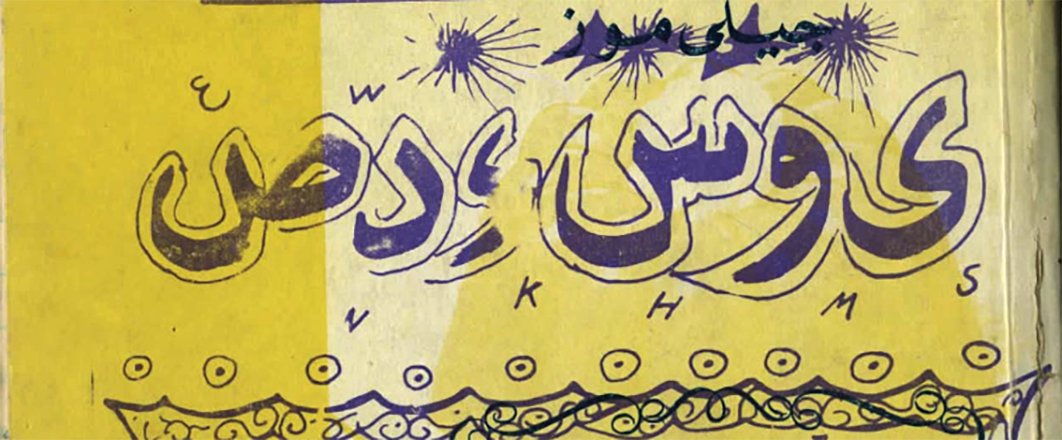This collection includes objects and books made by Adnan Mohammed Hasan, a prisoner in Abu Ghraib under Saddam Hussein. Saddam Hussein imprisoned his Communist and Islamist political opponents, including many Shia from the Dawa party like Adnan. During long sentences in Abu Ghraib, prisoners found ways to fill their time and keep themselves from surrendering. The prisoners were innovative and managed to create an environment where they could express their ideas freely and practice what they were found guilty of practicing in the outside world.
Explore the collection now
The collection contains:
Books Prisoners spent most of their time in the evenings reading books, novels, or religious texts, depending on their interests. They kept these activities secret from the prison administration who would confiscate and burn all books besides the Quran and some acceptable texts. But the prisoners managed to get and share books. Visitors would smuggle in books inside their clothes. Adnan covered them with laundry detergent boxes. The books were handwritten, and sometimes had a false title. The guards would see an acceptable title, such as the book by al-Ghazali, and would not bother to read the contents, a banned Shia book.
Letters Prisoners managed to get some letters outside of the prison and to their families. They made ropes from the threads of old clothes, tied a heavy object to the end with the note attached, and threw it to adjacent cells and eventually to someone in a section that was allowed visitors. This person would pass the letter to the visitor who would deliver it to the author’s family. This was often the only communication between the prisoners and the outside world. The prisoners did not know if their families received the letters and most never arrived. The letters included are some that Adnan’s family did receive, after a long delay.
Purses and Prayer Beads After lunch each day, prisoners had time for their own activities and often did creative projects, drawing, sewing, or writing poetry. Some carved prayer beads like the ones included. Adnan made purses for his wife, although he did not know if he would ever be able to give them to her. When Adnan was allowed to receive visitors, he gave his wife the purses included in the collection, some with letters hidden inside.
Prisoners in Abu Ghraib said that they had good days and bad, but managed to maintain some hope that helped them to build their lives in prison. They pursued their interests and read books that they could not read outside. The regime imprisoned them for their ideas, which often grew stronger in prison. Many prisoners studied and learned while in prison, and emerged as thinkers and intellectuals.
-Ali Adnan and Elizabeth Campbell


